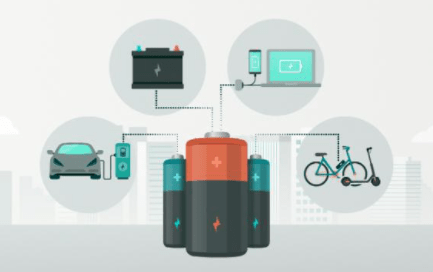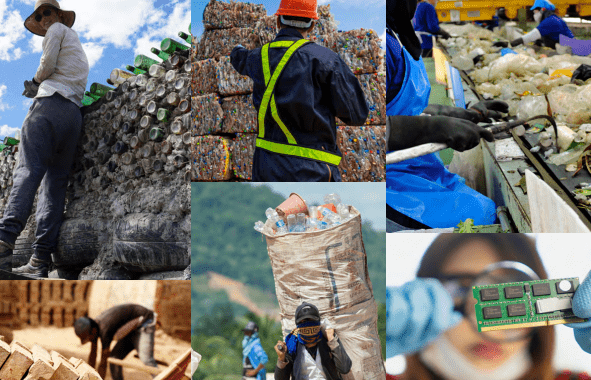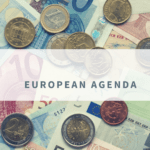The Commission proposes to update EU consumer protection rules to empower consumers for the green transition. The updated rules will ensure that consumers can make informed and environmentally friendly choices when buying products. Consumers will have the right to know how long a product is intended to last and, where appropriate, how it can be repaired. In addition, the rules will strengthen consumer protection against unreliable or false environmental claims by banning “greenwashing” and practices that mislead consumers about the durability of products.
Vice-President for Values and Transparency, Věra Jourová said: “We support consumers who increasingly want to choose products that last longer and can be repaired. We must ensure that their commitment is not hindered by misleading information. With this proposal we equip them with new and robust tools that will enable them to make informed choices and increase the sustainability of products and our economy”.
Justice Commissioner, Didier Reynders, added: “If we don’t start consuming more sustainably, we won’t be able to achieve the goals of the European Green Pact, it’s as simple as that. While most consumers are willing to play their part, we have also seen an increase in ‘greenwashing’ and early obsolescence. To be the real agents of the green transition, consumers must have the right to be informed in order to make sustainable choices. They must also be protected against unfair commercial practices that abuse their interest in buying green”.
A new right to information on the durability and reparability of products
The Commission proposes to amend the Consumer Rights Directive to oblige traders to provide consumers with information on the durability and reparability of products:
- Durability: Consumers should be informed about the guaranteed durability of products. If the producer of a consumer good offers a commercial guarantee of durability of more than two years, the seller must provide this information to the consumer. In the case of energy-using products, sellers must also inform consumers when producers have not provided any information on a commercial guarantee of durability.
- Repairs and upgrades: Sellers should also provide relevant repair information, such as the repairability score (if applicable) or other relevant repair information provided by the producer, such as the availability of spare parts or a repair manual. In the case of smart devices and digital content and services, consumers should also be informed about software updates provided by the producer.
Producers and sellers will decide the most appropriate way to communicate this information to consumers, which may be on the packaging or in the product description on their website. In any case, it should be provided prior to purchase and in a clear and understandable manner.

New EU rules for more sustainable and ethical batteries |
Prohibition of greenwashing and obsolescence
The Commission also proposes several amendments to the Unfair Commercial Practices Directive. Firstly, the list of product characteristics about which a trader cannot mislead consumers is extended to include environmental or social impact, durability and reparability. New practices considered misleading after a case-by-case assessment are also added, such as making an environmental claim about future environmental performance without clear, objective and verifiable targets and commitments, and without an independent monitoring system.
Finally, the Directive is amended by adding new practices to the current list of prohibited unfair commercial practices, the so-called “black list”. Some of these new practices consist of:
- Omitting information about features introduced to limit durability, e.g. software that discontinues or reduces the functionality of the product after a certain period of time.
- Make generic and vague environmental claims if it is not possible to demonstrate excellent environmental performance of a product or trader. Examples of generic environmental claims are “environmentally friendly”, “eco” or “green”, which wrongly suggest or create the impression of excellent environmental performance.
- Making an environmental claim on the whole product, when in fact it only affects a certain aspect of the product.
- Displaying a voluntary sustainability label that is not based on a third-party verification scheme or established by public authorities.
- Omitting information about the limited functionality of a product when using consumables, spare parts or accessories not supplied by the original producer.

Going circular |
Next steps
The Commission’s proposals will now be discussed in the Council and the European Parliament. Once adopted and transposed into Member States’ national legislation, consumers will have the right to redress in the event of infringements, including through the collective redress procedure provided for in the Representative Actions Directive.
More information: European Comission – Press released.







Leave a Reply